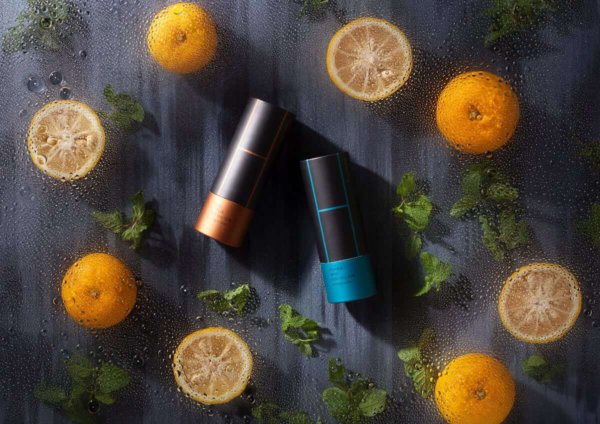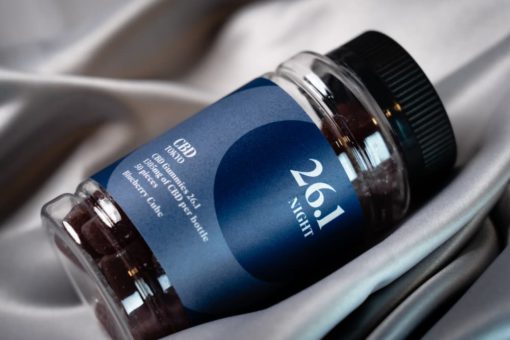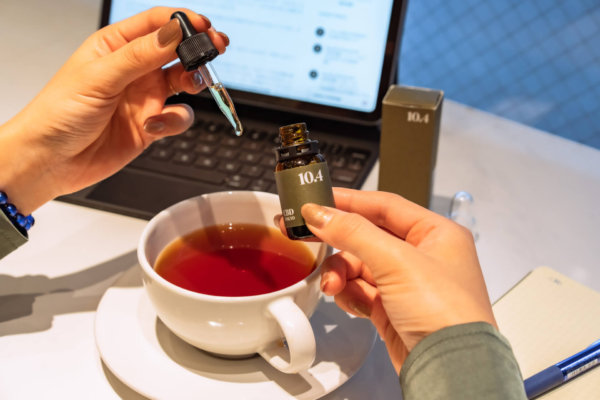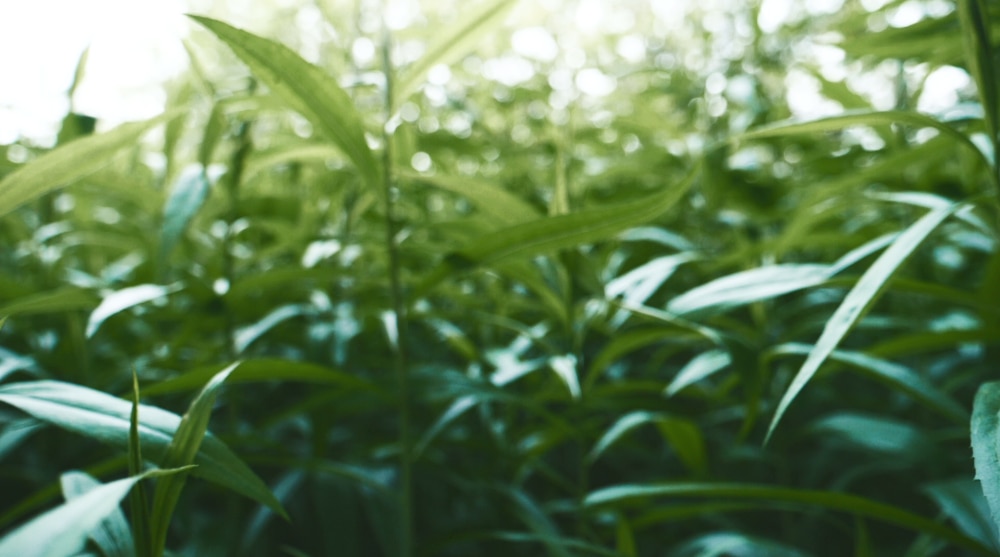Matcha
Is matcha green tea really that good for your health?
It seems like matcha green tea has been popping up everywhere. Coffee shops now serve it in smoothies, lattes and even in cakes! Japan’s most revered form of green tea has now become a must-have for anyone obsessed with wellness. So does matcha really live up to its superfood reputation? Nutritionist, Amitha Mather, takes a detailed look at matcha green tea and its health benefits.
Have you ever wondered why the color of matcha green tea is so bright and gorgeous? Unlike other green teas, matcha is shaded from the sun for the last few weeks of its growth, which is why it is richer in chlorophyll. Chlorophyll is the pigment responsible for giving leaves their green color. By shielding the plant from the sun it also significantly increases its antioxidant and amino acid levels. These nutrient packed tea leaves are then steamed, dried, and ground into a fine matcha powder.
Matcha green tea contains up to 137 times more antioxidants than a low grade variety of green tea, and up to three times more antioxidants than other high quality teas. Antioxidants are the body’s defense agents. They are chemical compounds that prevent aging and chronic diseases. Put simply, the more you have, the better equipped your body is in the fight against infections and disease. Of the amino acids contained in matcha tea, L-theanine is the most prevalent and is known to have a relaxing effect on the mind and body, hence why traditionally monks would sip matcha tea to help ease their mind for meditation. Plus the subtle caffeine content helps with focus, which could be because theanine increases serotonin, dopamine, GABA, and glycine levels in the brain. Unlike normal teas, you’re actually drinking the entire matcha tea leaf, not just the tea water. This is one of many reasons why matcha is much more nutrient dense than standard green tea.
One of the most unexpected health benefits of matcha, is that drinkers experience a boost of energy throughout the day. A common complaint that I hear from my clients is that they are exhausted and would love to feel more energized. Most of them rely on caffeine to help get through their day. I always encourage my clients to switch from coffee to matcha green tea. One cup of matcha generally contains less caffeine, but still enough for an energy boost as well as many other benefits! Coffee and other caffeinated drinks cause spikes in adrenaline glucose and insulin levels, which can lead to the jitters, anxiety and sleeplessness. The caffeine in matcha forms bonds with numerous nutrients so that it enters the bloodstream in a slow release, leading to a steady level energy over 3-6 hours, rather than a spike and crash within one hour. Matcha’s unique make-up means that the caffeine leaves your adrenal glands untouched while regulating insulin and glucose levels. This makes it an ideal drink for diabetics and for combating those hunger pangs.








